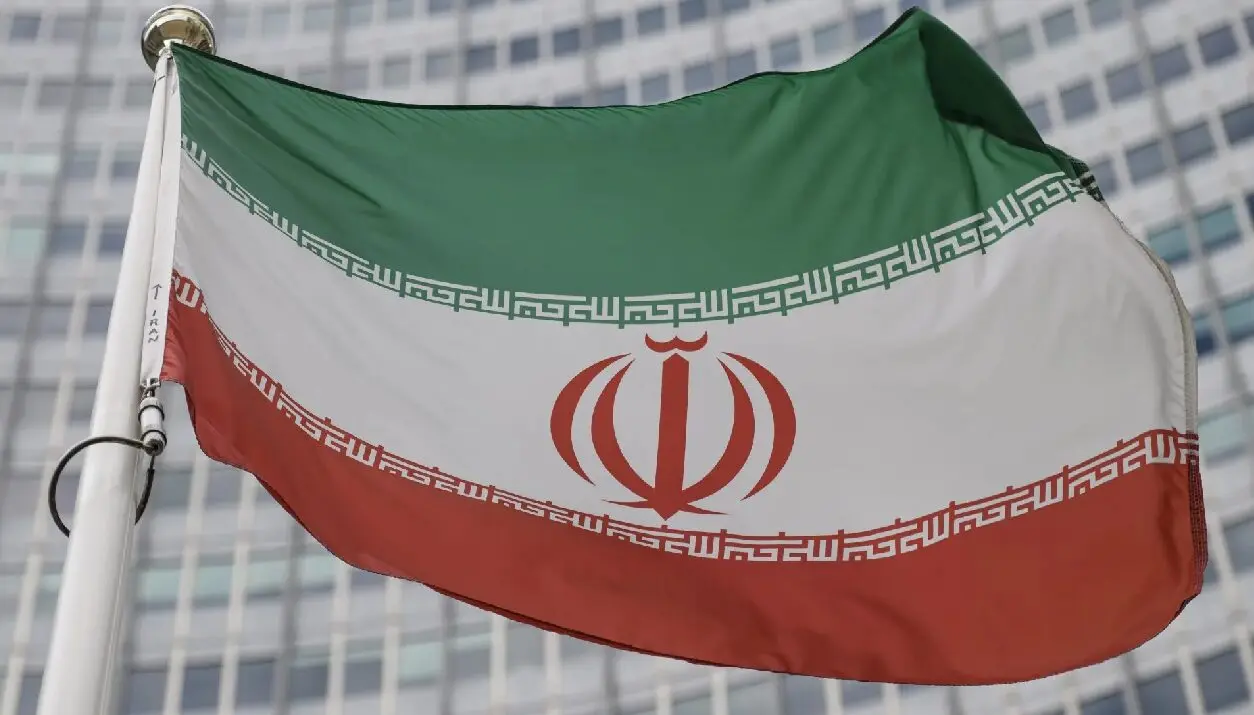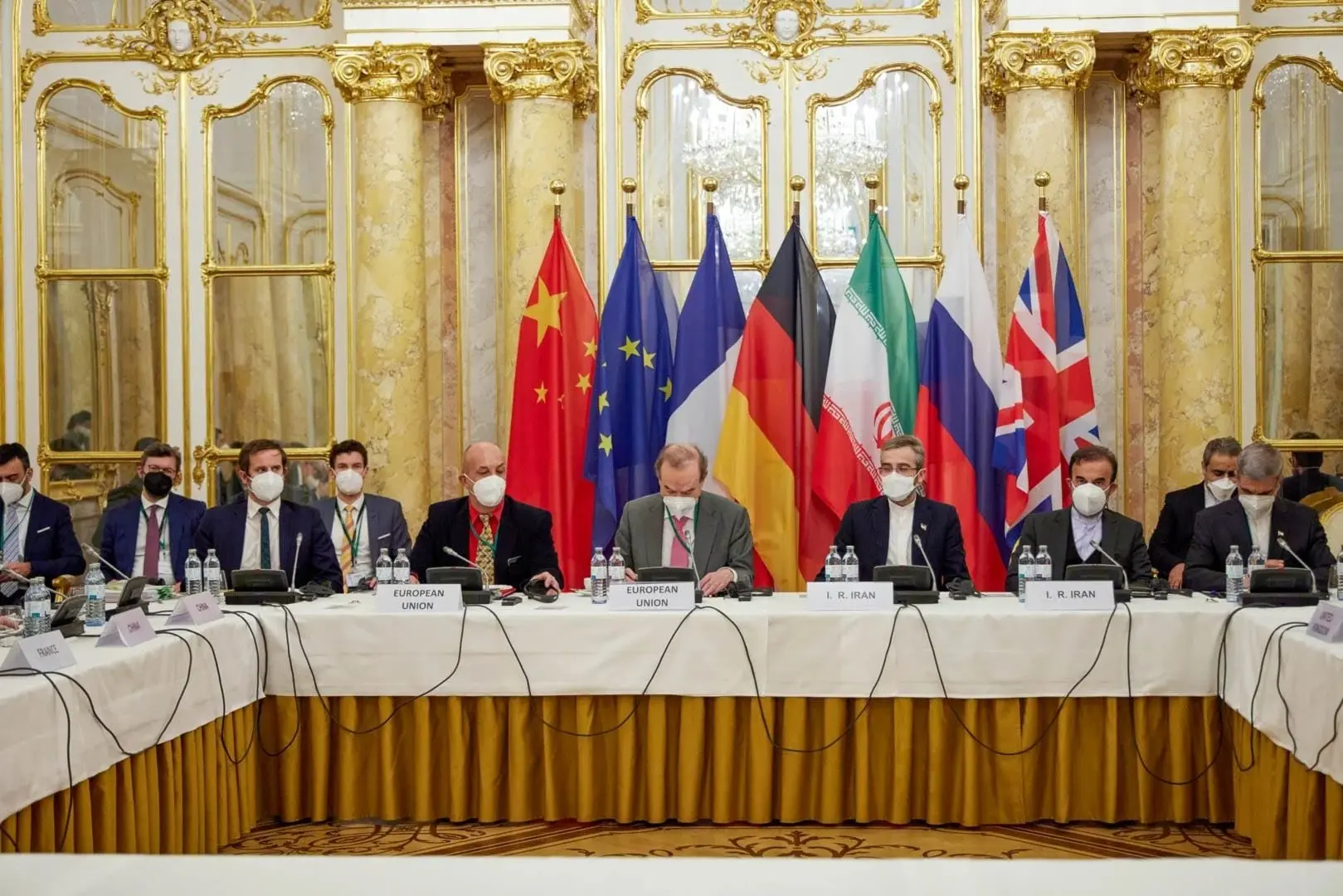Iran Warns U.S., U.K., and France: Regional Bases Will Be Targeted if They Support Israel
Iran warns the U.S., U.K., and France: any support to Israel will trigger attacks on your military bases in the Gulf and Red Sea. The region edges closer to full-scale war.

June 14, 2025 Hour: 7:19 am
Iran has issued a direct warning to the United States, the United Kingdom, and France: any military support to Israel will trigger retaliatory strikes on their regional bases. The message follows Israel’s massive aerial attack on Iranian territory in the early hours of June 13—one of the most extensive Israeli operations ever conducted against the Islamic Republic.
RELATED:
Iran Launches ‘True Promise III’ Missile Strikes on Israel
Over 200 Israeli aircraft were reportedly deployed to strike nearly 100 targets inside Iran, including nuclear facilities in Natanz and Fordow, missile depots, and command posts of the Islamic Revolutionary Guard Corps. Israeli Prime Minister Benjamin Netanyahu described the operation as “highly successful,” claiming it had “struck at the core” of Iran’s nuclear capabilities.
The bombardment resulted in the deaths of high-ranking Iranian military commanders—including Hossein Salami, Mohammad Bagheri, and Gholam Ali Rashid—along with several nuclear scientists. Satellite images confirm visible surface damage to parts of Natanz and Esfahan, though underground infrastructure remains largely intact.
In immediate retaliation, Iran launched over 100 ballistic missiles and drones at Israeli territory, targeting key urban centers such as Tel Aviv and Jerusalem. While many projectiles were intercepted by Israel’s air defense systems, including the Iron Dome and allied platforms, several reached their targets, causing casualties and material damage. Iranian state media declared that this was “only the beginning,” and warned that larger strikes could follow.
As part of its broader response, Tehran suspended all nuclear negotiations with the United States, which had been taking place in Oman. Iranian officials said the talks are “no longer tenable” in the wake of what they describe as an unprovoked act of war.
In parallel, Iran issued a formal warning to the Western powers backing Israel. “Any country aiding Israeli defenses will be considered complicit and will face military retaliation,” said a senior Iranian defense official. Tehran emphasized that its strikes would target foreign airbases, warships, and military installations in the Persian Gulf and the Red Sea.
The situation has raised fears of a wider regional war. Hezbollah in Lebanon and Yemen’s Houthi movement—both aligned with Iran—have signaled their readiness to join the conflict if Israeli strikes continue. Israel has already increased its military presence along its northern border and placed its forces on high alert.
While Washington denies any direct role in Israel’s offensive, reports confirm that U.S. and French forces assisted in intercepting some Iranian projectiles. French President Emmanuel Macron has reiterated his country’s commitment to defend Israel if further escalation occurs.
Global markets have responded nervously. Crude oil prices have spiked amid concerns over the security of shipping routes in the Strait of Hormuz, a key corridor for global energy supplies. Diplomats warn that even a limited strike on oil infrastructure or foreign naval assets could send shockwaves across the international economy.
Civilian casualties continue to rise. Iranian authorities report at least 78 deaths, including both military personnel and civilians. Israel has confirmed three fatalities and dozens of injuries, with emergency services stretched in Tel Aviv and surrounding cities.
With diplomacy on hold and military postures hardening, the possibility of a broader, multi-front conflict involving global actors looms large. As both sides vow further action, the Middle East teeters on the edge of a full-scale war that could reshape the regional and global balance of power.
Author: MK
Source: RT






